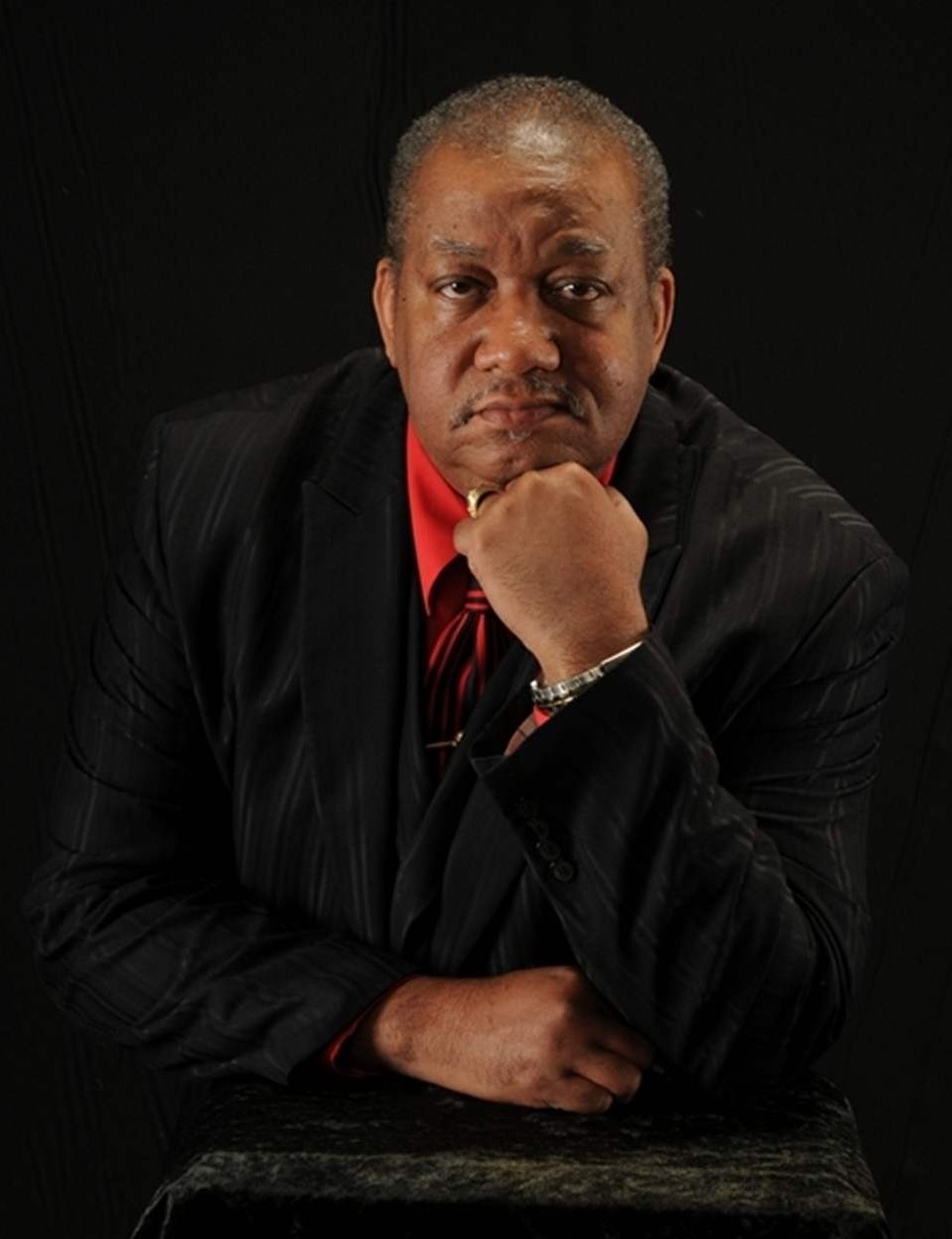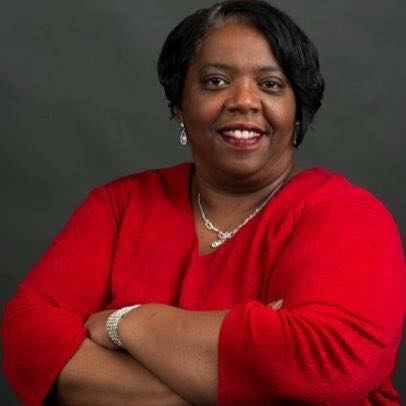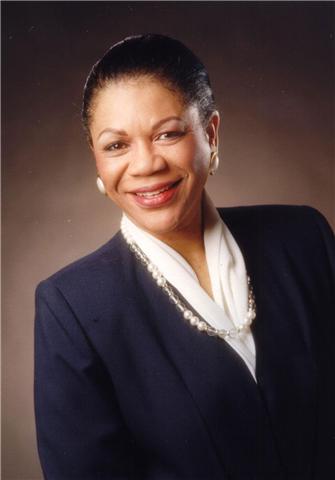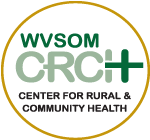Community Spotlight - A More Excellent Way Life Center Church


First Lady Danita Haley, Women's Ministries

Denise White, CHRO
A Beacon of Hope to the Community
Pastor Robert L. Haley III can see the city, county and state governments' main seats of power from his Virginia Street location in the west side of Charleston. That view is a departure from what he sees right next door. Surrounded by effects of redlining back in the early 1930s, a discriminatory rating system affecting primarily minority neighborhoods (WSNA, 2018), generational poverty, empty buildings and some of the poorest health outcomes in the country, Pastor Haley heeded God’s call to be the tool of change . Under the leadership of Pastor Haley, A More Excellent Way Life Center Church (AMEWLCC) seeks to promote that change through community engagement. Harkening back to the historic roles of the church within primarily Black communities, Pastor Haley developed a vision to fulfill that role again with a 21st century twist. “In those days, the church was the central hub of their communities and people took care of each other. People knew they could go to the church for not only spiritual needs but for educational needs, economic needs, and even healthcare needs”, states Denise White, CHRO and Executive Assistant. Pastor Haley knew this community model of engagement was crucial in effecting change to give people something they’ve misplaced - hope. Today Pastor Haley and his wife Danita are seeing the realization of his vision to revitalize the role of the church as it used to be in the early days, only better. AMEWLCC assessed the needs of their community and adopted a 5 Pillar guide to focus their efforts: spiritual, legal, health, education, and economy. A quick scroll through their Facebook page reveals community engagement activities that address each of those identified needs, such as: monthly food distributions with 2,000 boxes of food disbursed in October, 2020 alone; a $30,000 computer lab free and open to the public to apply for jobs and benefits online; a class in changing break lights to offset probable cause stops, classes on money management from local banks, understanding Medicaid webinars, coaching on filing taxes and on sight COVID-19 testing are just a few community activities with more outreach efforts already taking place or in planning stages. In the words and deeds of Pastor Haley, “Freely receive, freely give”.
Editor’s Note: Redlining in Charleston, WV, and throughout the US, created greater than average urban decline according to the West Side Neighborhood Association BAD Buildings Final Report (WNSA, 2018). The practice zoned or rated West Side neighborhoods into zone C, “Definitely Declining” or D, “Hazardous”, on the Home Owner’s Loan Corporation Map, making it nearly impossible to qualify for mortgages in these dominant minority communities. The report states that this practice amplified poverty for decades in west Charteston, "even after this discriminatory practice was ended in law by the Fair Housing Act, part of the Civil Rights Act, in 1968." The report explains that property value appreciation and investment continued to increase in newer neighborhoods which generated more wealth for those living there. This created a wealth gap between those in West Side and other disinvested neighborhoods in comparsion to these newer neighborhoods built on the fringes of the city.” The effects of this discriminatory practice linger today.
WSNA. May 25, 2018. West Side Neighborhood Association BAD Buildings Final Report
